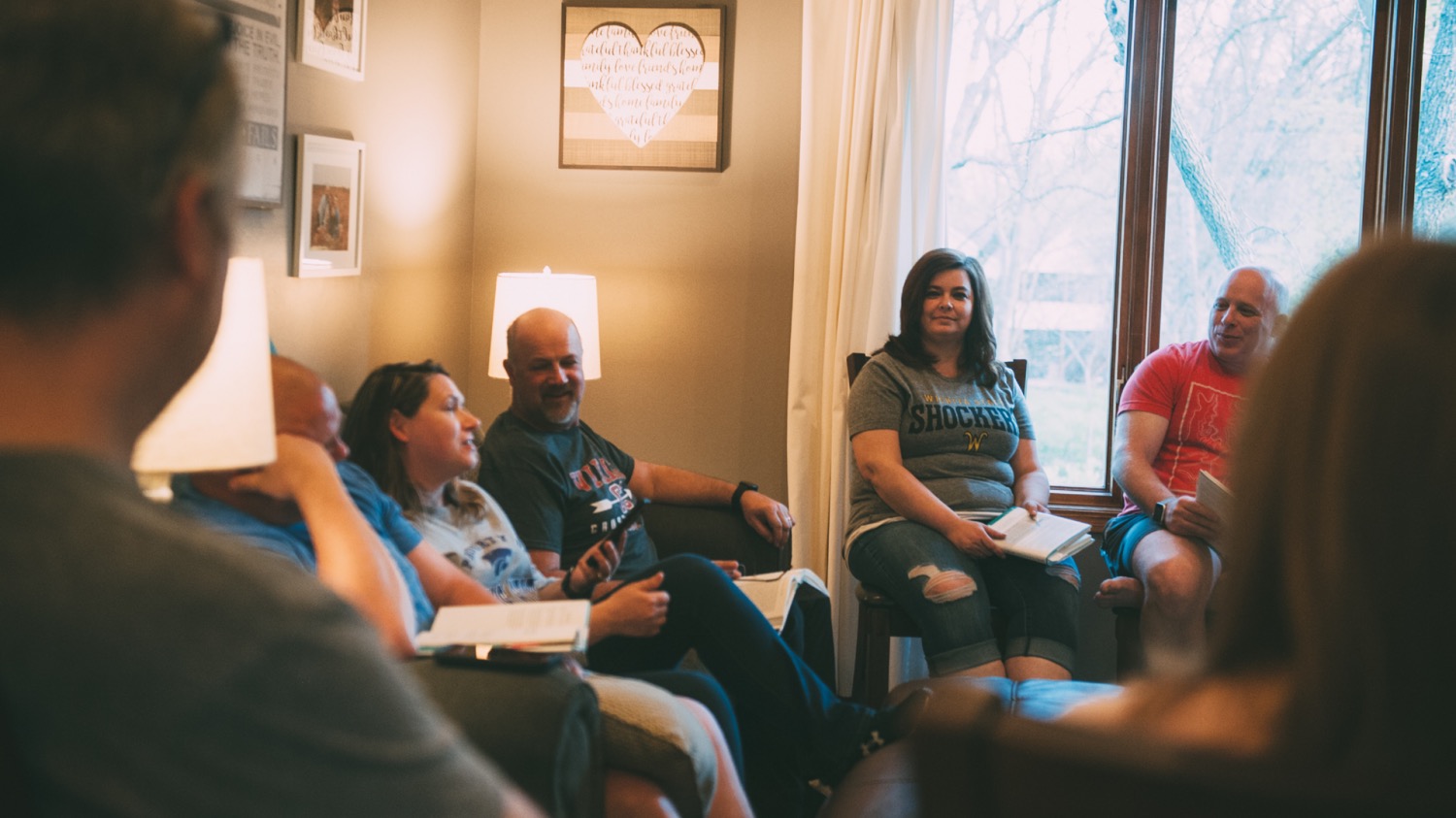
How small groups help to grow faith
Small groups which are intentionally focused on discipleship are one of the most effective ways of growing faith. Healthy small groups enable each participant, whatever their age, background or faith experience, to take the next steps in their discipleship.
Small groups focused on discipleship will also multiply leaders in the Church and often lead to a significant acceleration of fellowship, Bible study, witness, prayer and service.
How to lead a successful small group
The ‘6Ws’ is a framework for small groups that can lead to significant growth in discipleship.
It is an adaptable framework that can be used in a wide variety of contexts. The framework is simple, but has all sorts of deep applications when used well.
Introduction to 6Ws: A Framework for Small Groups
The 6Ws are:
- Welcome = Creating community
- Worship = Focus on God
- Word = Exploring the Bible together
- Waiting = Prayer
- Witness = Focus on outward mission
- Weigh = Reflecting on the meeting
The significant benefits of the 6Ws framework are:
- Each step intentionally helps every participant grow in discipleship.
- It can be used inter-generationally, especially with children from the age seven upwards.
- It’s great at accommodating newcomers and those who are exploring, or are new, to faith.
- It’s a framework that helps to grow new leaders and leads to multiplying groups.
The 6Ws framework allows you to spend different amounts of time on each W depending on the needs /dynamics of each group. So, a new group will need more attention given to Welcome; whereas more mature groups will be investing in Word, Waiting and Witness.
6Ws in more depth
Welcome
Welcome is about giving everyone a space to speak and share…to hear their voice… Overtime it becomes a place of good stories and God stories. A good welcome puts people at ease, gives confidence - particularly for quieter people. Food, refreshments and hospitality are all part of offering a warm welcome to a group, so include them where you can. If budget is tight, a bring-and-share meal can make welcoming hospitality sustainable, while building shared responsibility and communication within the group.
Worship
Including some form of Worship reminds the group why they are meeting and where the focus becomes God/Jesus. Worship might include singing together, reading or singing Psalms, reading poetry, creative prayer ideas, (such as lighting candles, or dropping pebbles in water for each prayer), or simply playing meaningful music that the group relates to – anything that fixes the group on God’s goodness and character.
Word
Explore the Bible together using a model like the Swedish Bible Study. ‘Word’ is not just about preaching or teaching, but uses questions that help people to discover truth for themselves; prompting and discussing rather than sermonizing. It’s more than just comprehension or moral teaching – it brings our everyday life experiences to the discussion and relates them to the text. This model is brilliant for younger people, newcomers/new believers and also apprenticing new leaders, since it is easy to facilitate.
Wait
This section is about prayer and should aim to equip people to pray for each other to live out what has been discussed especially into the week ahead. This can take a number of different forms, from silent prayer to prayer in twos or threes, or a wider group.
Witness
This is a section that prevents the group from being too inward looking - a time to take the session beyond the group. It often involves a short discussion/prayer time that seeks to make a positive change in the local or wider community. It might be among the participants’ circle of friends or family, asking for God’s guidance on how to help them to come to know God. Or it can be a time to plan and act to reach out to friends, or tackle relevant issues of justice (for example trade justice, anti-slavery, bullying, self-harm etc). God can often place issues into people’s hearts, so look out for common themes or particular passions.
Weigh
This is a time of review and reflection when participants (or perhaps just the leaders afterwards), are asked to feedback on how the gathering went – you might reflect on some questions together such as:
- What was good about today’s meeting? What worked, how is the group developing, what were signs of life and growth?
- What struggled? And why - was it because the discussion missed the mark, someone dominated or distracted, or the topic was too difficult or untimely?
- Where was God at work – this is about noticing the things God wants to highlight.
Contact
For more information and ideas for leading small groups contact:
Parish Coordination Team: pct@cofeguildford.org.uk
